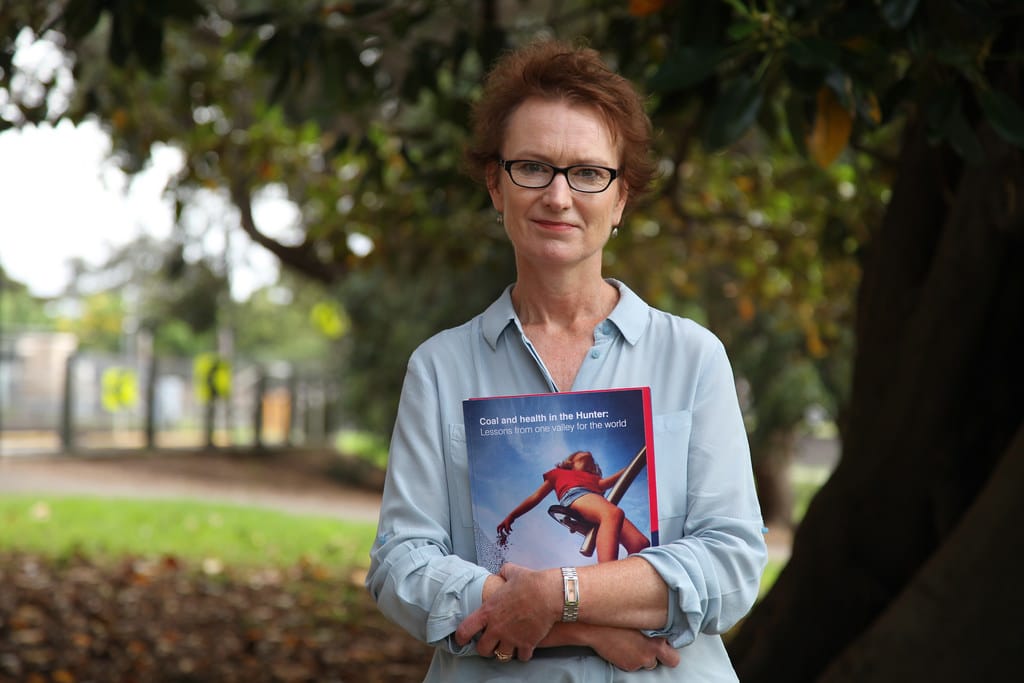More than 40 influential health and medical organisations have come together to deliver a stirring message on climate change, declaring that it’s already killing Australians and calling for a national strategy on climate and health.
The signatories to the statement, including leading organisations representing nurses, doctors and women’s health, report that 23 people were killed in Australia in 2022 alone, following the three-week deluge of rain along the east coast. Thirty three people died during the 2019-20 bushfire seasons across south-eastern Australia as a direct result of the fires, while 445 people died as a result of smoke inhalation. Another 3000 people were admitted to hospital for respiratory problems, with 1,700 presenting for asthma.
They also report there were an additional 3,000 deaths in Sydney, Brisbane and Melbourne that could be attributed to extreme heat, in the years from 1991 to 2018. They note the example of a 48.9 degree extreme heat event in Penrith in 2019 that led to rises in heat stress episodes, heat stroke and hyperthermia, with forecasts showing that Western Sydney can expect up to two months of extreme heat events every year, as well as consistent temperatures of 35 degrees or more.
Meeting at the Better Futures Forum in Canberra over the weekend, the representatives shared a joint statement calling for a ministerial forum to coordinate across health, climate and other portfolios. They also called for an evaluation of the health and economic damages of climate change (as well as the benefits that can come from climate policies), a national assessment on health vulnerabilities, and the establishment of a Sustainable Healthcare Unit within the Department of Health.
Founder of the Climate and Health Alliance, Fiona Armstrong said on the statement: “We have created a suite of recommendations to prepare and protect people and the health system from the now inevitable impacts of climate change. Our vision is for equitable health and wellbeing, a regenerative economy, and social, environmental and cultural justice.”
The joint statement urged for a nationally coordinated approach and National Strategy on Climate, Health and Wellbeing, to ensure that the country’s climate policies are also good public health policies, and also strengthen Indigenous leadership in response to climate change. “The government has an opportunity to use this strategy to deliver comprehensive, integrated and health-promoting climate action across a wide range of sectors,” the statement read.
“Climate change is already killing Australians,” said Armstrong. “The pressure on the health system and our health professionals is immense – all in the middle of a global pandemic. We have created a suite of recommendations to prepare and protect people and the health system from the now inevitable impacts of climate change. Our vision is for equitable health and wellbeing, a regenerative economy, and social, environmental and cultural justice.”
President of the Royal Australasian College of Physicians, Dr Jacqueline Small said doctors have a unique view and extensive experience on the link between climate health and human health.
“We see the impacts of climate change all the time, on our patients, and on our staff who are at the front line dealing with crises every day. We stand ready to work with the Minister and the department to ensure the best information is available.”
The statement finished by noting that climate change is a key concern for the health sector. “We support the commitment from the Commonwealth Government to take action. We urge the government to both move forward with its work on the National Strategy, and to work closely with the sector to realise its further development and implementation.”

